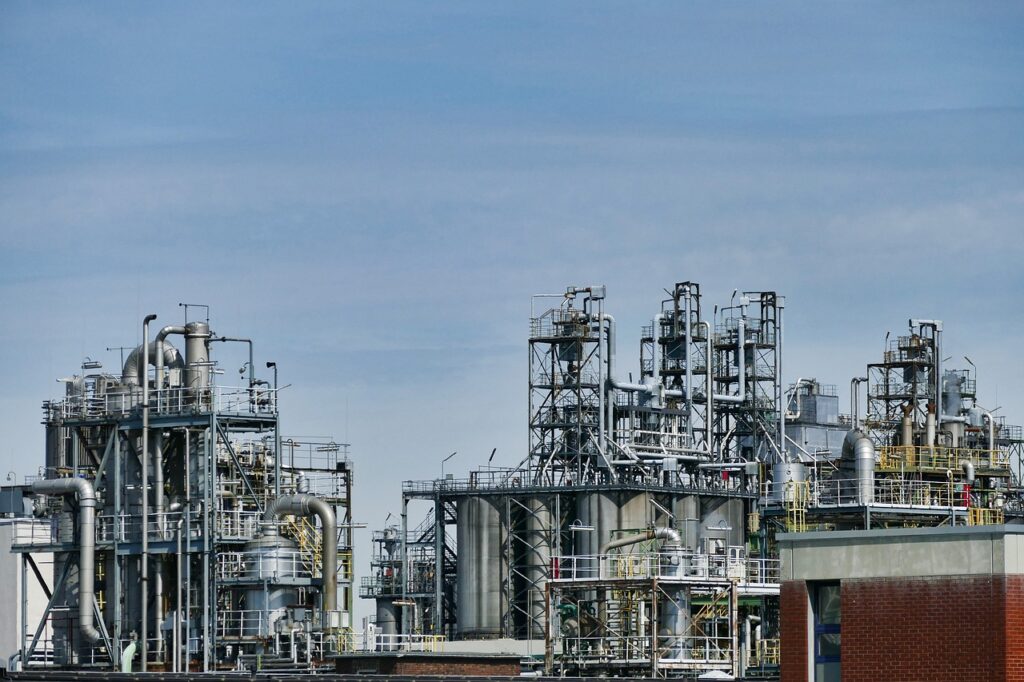Fossil Fuel Industry Workforce Development for a Net Zero Energy Transition
The energy sector is responsible for approximately three-quarters of the global greenhouse gas emissions, with the oil and gas industry contributing nearly 15% to the overall emissions. As a result, there is an urgent need for the oil and gas industry to undergo energy transitions and implement different climate solutions to significantly reduce their emissions and contribute to climate change mitigation. However, a key challenge emerging from this transition is the scarcity of a skilled workforce to successfully implement, operate, maintain, and optimize the different climate solutions. New programs of education, certification, and vocational training, along with targeted upskilling or reskilling programs for the existing workforce in the oil and gas industry, will be pivotal in seizing the energy transition opportunities.
This project aimed to support ASME’s business development strategy to design and deploy new workforce development programs aligned with ASME’s climate action strategy. This research informs a robust pilot, taking into consideration the cost, time to implement, complexity, and potential revenue and climate impacts of such programs. Desk research and interviews were conducted to identify key trends, market gaps, and landscape analysis within oil and gas workforce upskilling. A preliminary market size analysis of selected courses was conducted, and a go-to-market strategy was developed.
The research generated valuable insights and proposed next steps that will assist ASME in expanding and diversifying their Learning and Development services, specifically those aimed at upskilling or training the oil and gas workforce to help address climate change.

